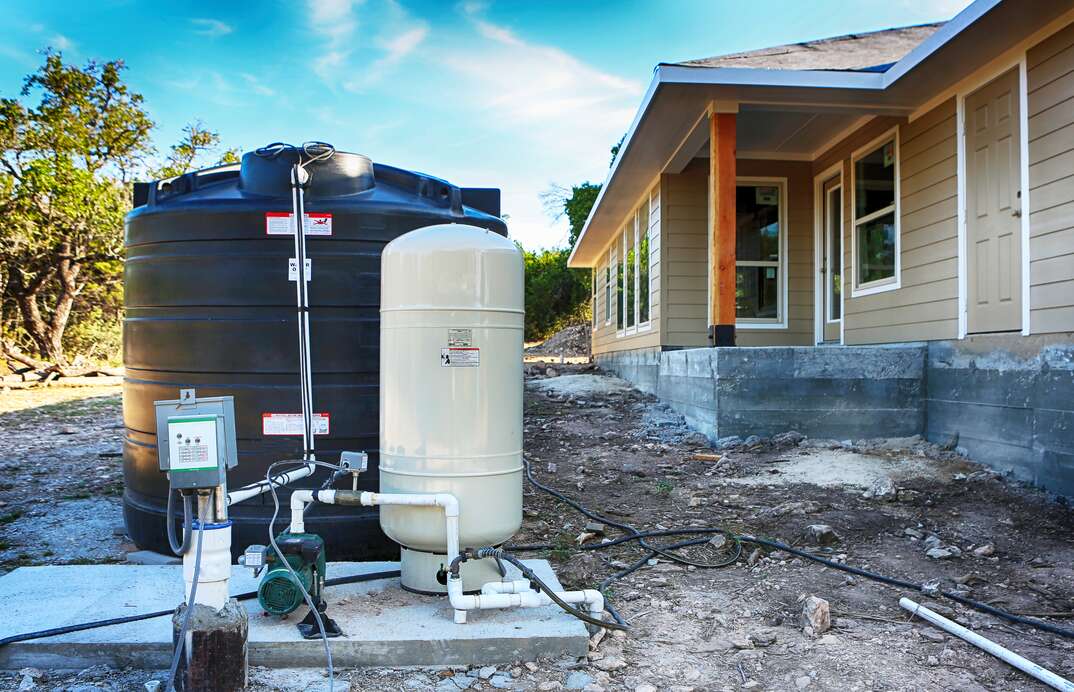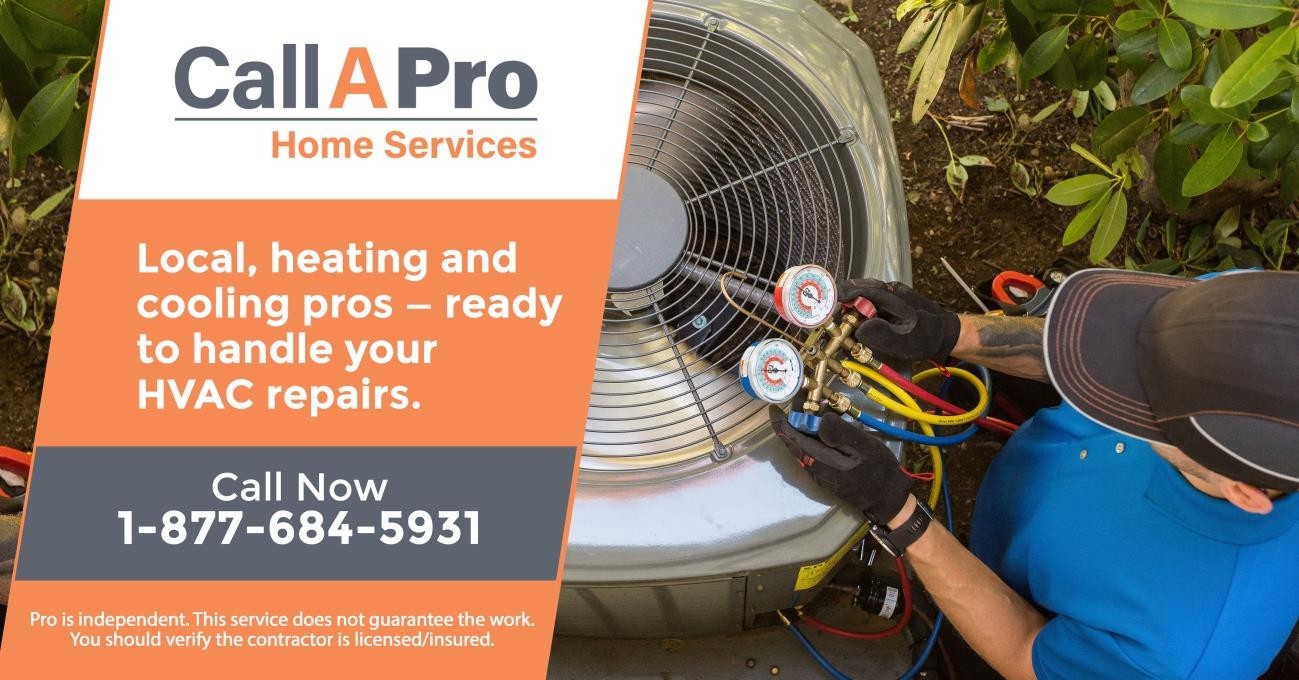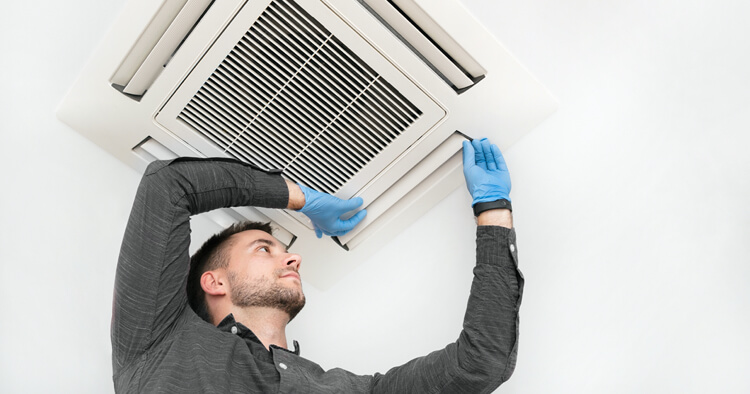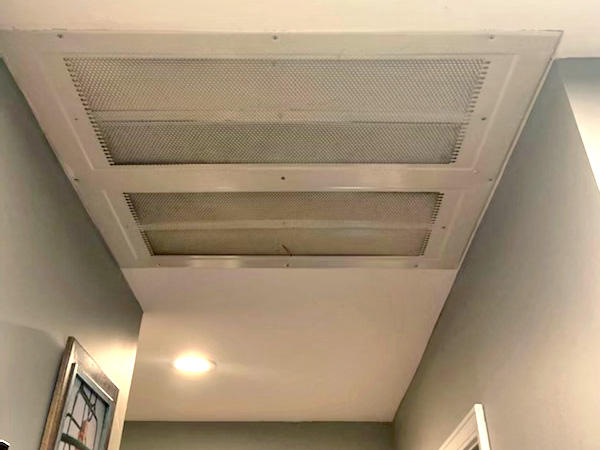How Much Does It Cost to Replace a Water Pump?

Water Pump Replacement Costs at a Glance
- Water pump: $40-$300
- Labor: $20-$150 per hour
- Total installation price: $250-$500
HVAC systems are an essential aspect of your home. Keeping your furnace, ventilation and air conditioning systems running smoothly is key to maintaining a comfortable indoor climate year-round. The problem is that many of these systems are chock full of small, moving parts, each subject to wear and tear. One of those components is the water pump, which drains accumulated water from your system.
This May Also Interest You: How to Clean an AC Drain Line
You may not have known this part even existed — but you’ll definitely know when something’s gone wrong with yours. Repairing or replacing a broken water pump is a fairly simple process. Here’s a quick guide to how much it’ll cost.
Reasons for Water Pump Replacement
Your heating, ventilation and air conditioning (HVAC) systems take in a lot of water during operation. This may affect performance. The water pump — or condensate pump — collects water that builds up within the system. It then drains the excess water to prevent it from mixing with other liquids in the system.
The condensate pump has three main parts: the reservoir, float and pump. Condensation levels rise in the reservoir, forcing the float to lift. This signals the pump to activate and move the water through the drain lines.
A water pump can accumulate debris that will clog the system and prevent it from draining. It is also susceptible to wear and tear, which can cause it to malfunction. The pump’s motor can also fail, which affects the pump's functionality.
Leaks are the most prominent sign of a condensate pump malfunction. You may notice small water puddles around the system. This may cause the furnace or air conditioner to malfunction as well. It's essential to consult an HVAC professional to inspect the system and determine what’s wrong with your pump.
How Much Does a Water Pump Cost?
A water pump alone usually costs $40 to $300. If you include labor, the water pump replacement cost is about $250 to $500. Other factors may affect the final replacement cost, including:
Pump Type
The replacement cost will vary depending on the model and brand of the pump. Typically, you’re limited to the specifications of the water pump that you are currently using.
Capacity
HVAC condensate pumps have gallons per minute (GPM) or gallons per hour (GPH) ratings. This number refers to the amount of water they can remove in the specified amount of time. According to ConsumerMentor.com, you should buy a water pump that removes twice or three times the input of your HVAC system condensing rate. You'll also want to consider the horsepower of the water pump and its voltage as certain systems require higher performance.
Labor
Hiring a professional service technician will cost between $20 and $150 per hour. Depending on where you live, the cost may vary.
After installation is complete, schedule preventive HVAC maintenance and tune-ups to prolong your system's life and avoid issues down the road.
Brand
Cost also differs by brand. Here are a few common ones:
• Little Giant: $42 to $79
• Diversitech: $53 to $490
• Sauermann: $38 to $132
• Beckett: $60 to $152
Emergency Vs. Non-Emergency Work
Emergency repair services usually cost more than non-emergency work. The emergency service cost is determined by the time of the day, day of the week and amount of work. The average cost is $100 to $350, or more in extreme cases. The hourly rate for emergency repairs is between $70 and $400.
Professional Vs. DIY
Installing a condensate pump yourself is the cheapest option. However, if you’re unfamiliar with HVAC systems, the DIY route is likely not for you. A full water pump replacement is best left to the professionals.
If you do have some experience, you may be able to replace a water pump yourself. Always wear protective gear. Make sure you have the appropriate tools for repairs.
It is recommended you hire a professional HVAC service technician, even if you consider yourself knowledgeable. The water pump is essential in the overall functionality of your HVAC system. If you unknowingly make a mistake, you may end up damaging the entire system. A technician can inspect your system as a whole and can give you tips on how to properly maintain it.
Tips for Hiring a Professional
Verify that the HVAC technician is licensed in your jurisdiction. Technicians with a North American Technician Excellence (NATE) certification are ideal because they are highly trained to fix HVAC issues. They are also familiar with a wide variety of makes and models.
Check referrals and reviews to learn whether the company you're working with has a good work ethic and is competent. Research the water pump your contractor will install to ensure it meets quality standards and needs. Make sure it’s the right pump for your make and model.
HVAC technicians may recommend you switch to a more energy-efficient system. Energy-efficient systems can decrease your energy bills. The technician may also suggest switching to a smart system — like a smart thermostat — which can greatly reduce your energy cost with zoning and automation capabilities.
Most contractors will come to your home to inspect your system before giving you an estimated cost. The quote should include project deliverables, payment schedule and date of project completion. Always insist on getting your quote in writing. This will protect you from contractors who may change their price after they have completed the work.
Other Factors to Consider
The age of your HVAC system can impact your water pump replacement cost. During the replacement, the technician may find additional issues that require repairs. When the water pump malfunctions, leaks in the system may cause other components to malfunction. If the damage is extensive, you might have to replace your entire HVAC system.
Sometimes, the problem may not be with the condensate pump but rather the power supply. If the circuit breaker is tripped, the water pump will not receive power. The contractor will check all the factors that may lead to issues in the water pump.
Some minor issues in your water pump may not necessitate a full replacement. The motor and the microswitch for the main float can fail and cause water to overflow from the reservoir's top. A service technician can correct this issue, or you may be able to fix it yourself. Take extra care as some connections have high voltage.
The buildup of debris and other contaminants can cause the water pump to shut off. You can replace a damaged float instead of the entire pump. Keep an eye on clogged drains, the condensate pump valve and discharge tubing.
In some areas, you may need a permit to replace your water pump. Required by law, a permit serves as confirmation that your service technician is licensed and insured. A permit also guarantees the installation is safe.
More Related Articles:
- How to Clean Your AC Filter in 7 Simple Steps
- How Much Do UV Lights Cost for HVAC Systems?
- Do You Need a Zoned HVAC System?
- How Much Does It Cost to Replace an HVAC System?
- Does Your Home Need a Whole-House Humidifier?
FAQs
How Long Do Water Pumps Last?
Typically, the lifespan of a water pump is between two and three years, though this depends on the quality and brand of the pump. Your usage can also affect how long your condensate pump lasts. If your HVAC system is constantly exposed to debris and dirt, your pump may need replacement sooner than expected. Similarly, an overworked system has a reduced service life.
Scheduling regular maintenance for your HVAC systems will ensure that your water pump works efficiently and lasts longer. Frequent breakdowns and repairs will accelerate wear and tear.
Can I Put Bleach in a Condensate Pump?
At least once a year, you can use bleach to kill mold and mildew. Pour one to two quarts of bleach into the drain using a funnel. The bleach will fill up the water pump and exit through the vinyl tubing.
Why Is My Condensate Pump Making Noise?
Water pumps are typically loud due to hydraulic action and high fluid velocity. However, you may need to call your HVAC service technician if you hear any strange noises coming from your condensate pump. Depending on the pump's location and size, you can reduce the noise level by using rubber buffers to reduce flow velocity. You can also alter the insulation between the floors of your home.
How Do I Clean a Condensate Pump?
One of the easiest ways to ensure your water pump lasts longer and works efficiently is by cleaning it regularly. This is a simple DIY process:
- Inspect the water pump for water to ensure it is not leaking.
- Turn off the power at the source or the main breaker box.
- Disconnect the PVC tubes attached to the reservoir.
- Remove the water pump and place it in a preferred working area. After disconnecting the pump, do not run your HVAC system.
- Using water, clean the reservoir to remove any debris. Ensure that you also rinse the opening where the drain lines connect. Use a bottle brush to remove any clogs in the water pump.
- Ensure there is no moisture in the pump motor, then reconnect the drain lines.
- Restore power to the water pump.
Is a Condensate Pump Necessary?
If you have an HVAC system with an indoor unit or a high-efficiency furnace, a condensate pump is necessary. It is a crucial piece of the system because it removes vapor and other condensation that accumulates in your system. This prevents water from overflowing and spilling onto the floor.
Since we’re all home now more than ever, being prepared for unexpected home repairs with a plan from HomeServe is important. Having a plan in place gives you peace of mind knowing that you can simply call our 24/7 repair hotline for covered breakdowns. See what plans are available in your neighborhood.




